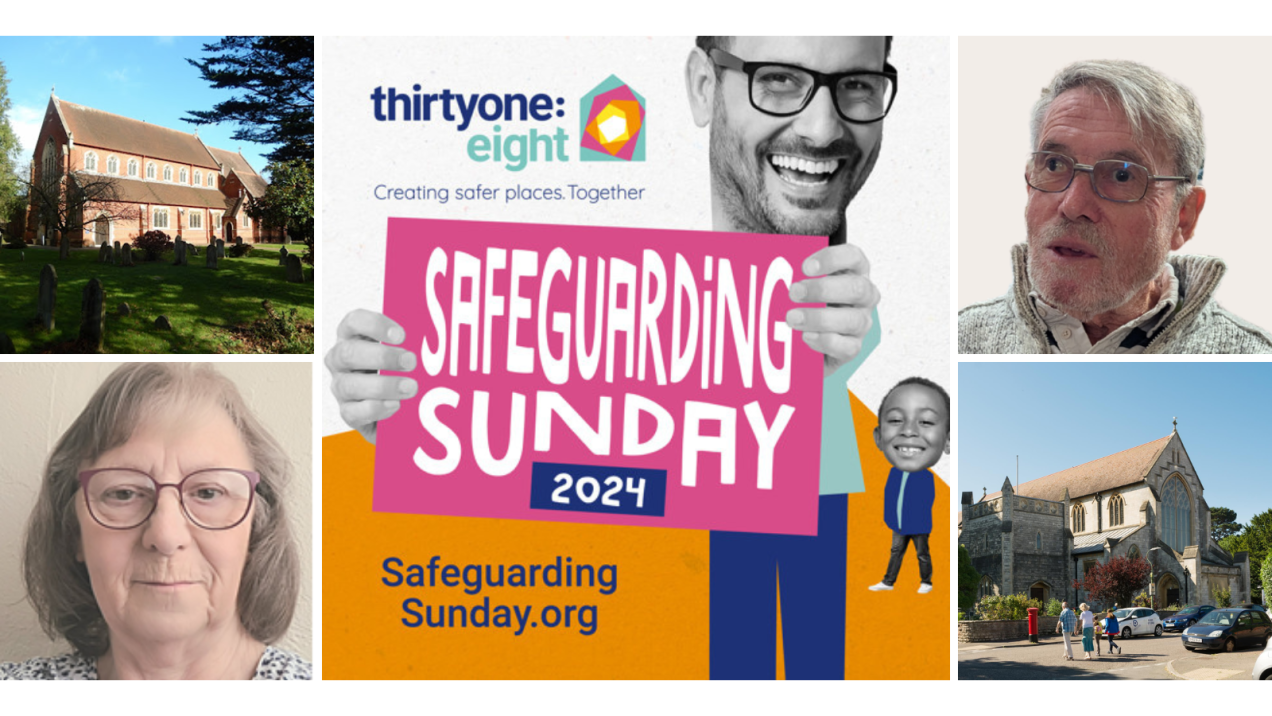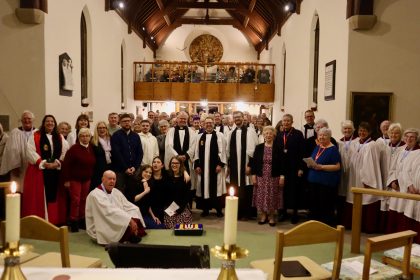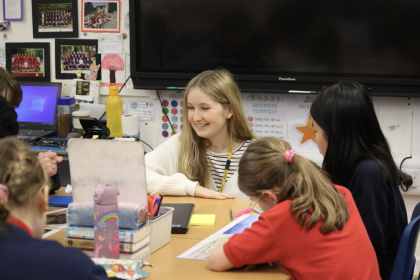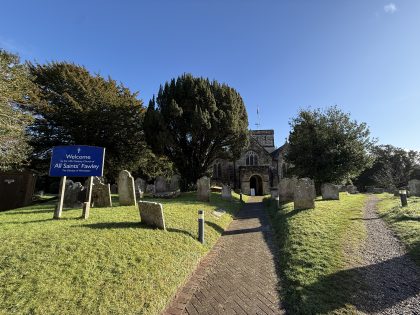Safeguarding Sunday is an awareness campaign spearheaded by Christian charity Thirtyone:eight, which encourages churches to speak openly about safeguarding and help protect vulnerable people. Defending the rights of vulnerable people is an integral part of Christian faith and teaching, and Safeguarding Sunday is an opportunity for churches to reflect on their own safeguarding journey, and to highlight and celebrate all the good work that is being done by so many behind the scenes.
This year, Safeguarding Sunday takes place on 17 November 2024, though churches are encouraged to take part on a date that works for them.
Whatever the tradition or style of your church, if you have just a few minutes or can dedicate a whole service, with a bit of thought and planning you can create space for people to talk about safeguarding and understand why it’s integral to all that the church is and does.
Thirtyone:eight
We spoke to two Safeguarding Officers in our diocese, John Kidney from All Saints Southbourne, and Carol Kidd from St James West End, about their experiences taking part in Safeguarding Sunday and why they think it’s essential for churches to get involved:
John Kidney, Safeguarding Officer at All Saints Southbourne
I was not always very welcome when I arrived at a church to deliver safeguarding training. In one church, I was met with the welcoming comment: “We don’t need this, it’s a waste of time nothing is going to happen here, this doesn’t apply to us.” You could be forgiven for thinking exactly the same. You could be forgiven for thinking “Why is he talking about safeguarding? We are fine here.”
But it does apply to every church. There are vulnerable people in every church and in every community. Sometimes those vulnerable people may be very close to us, sometimes it may yourself who, at that moment, is among the vulnerable.
John Kidney, All Saints Southbourne
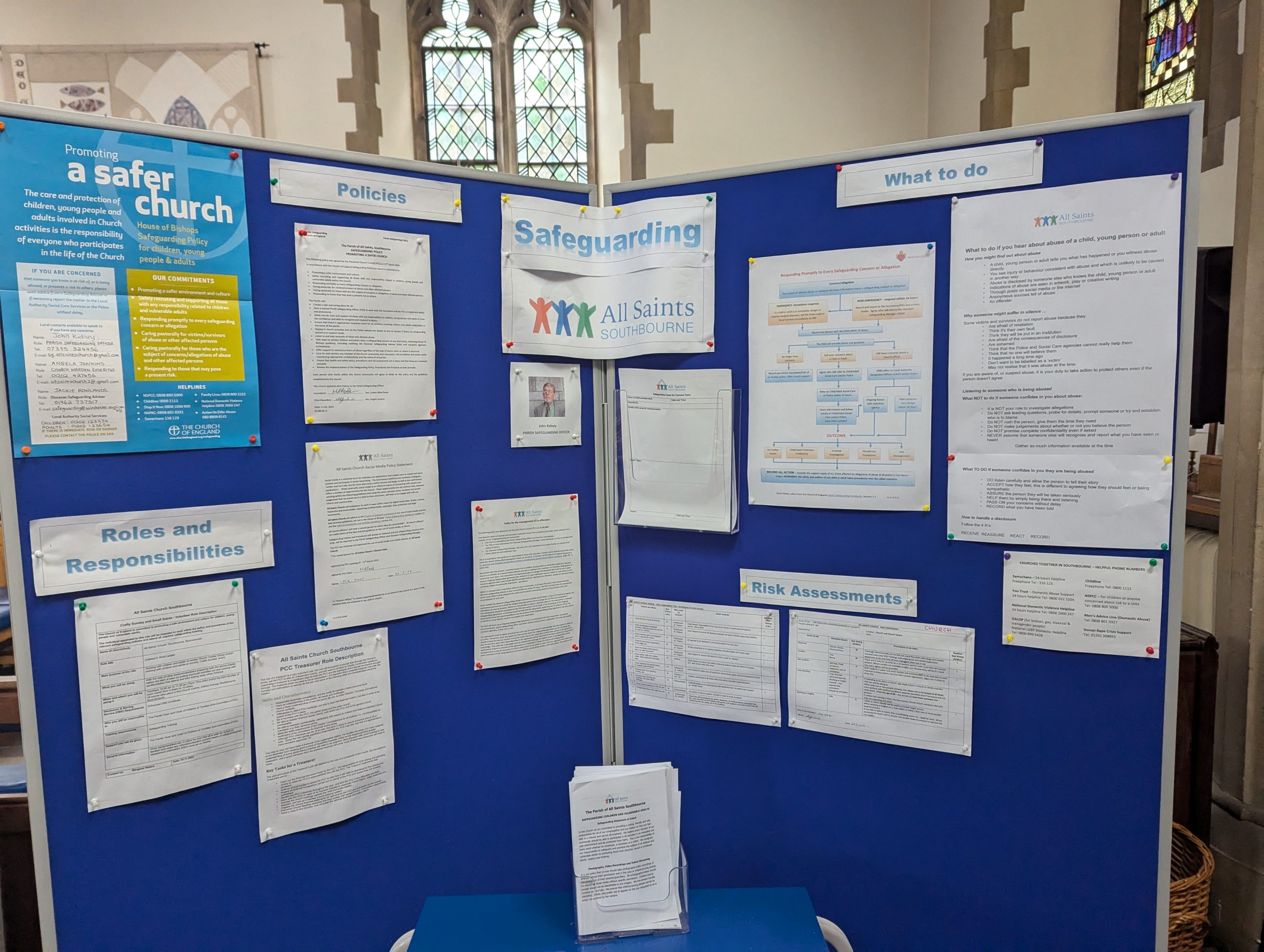
Throughout the gospels, we see Jesus caring for the vulnerable. He healed sick people, lepers, and blind people, he showed the importance of children, he cleared the temple of those who were basically conning pilgrims.
In order that we do our best to follow his example and do our very best to fulfil the commandment to ‘love your neighbour as yourself’, and to ensure that we protect and safeguard ourselves and those around us, every parish in the Church of England must have a Safeguarding Officer. Every congregation is required to submit, where appropriate, to good practices to protect the vulnerable.
John Kidney, All Saints Southbourne
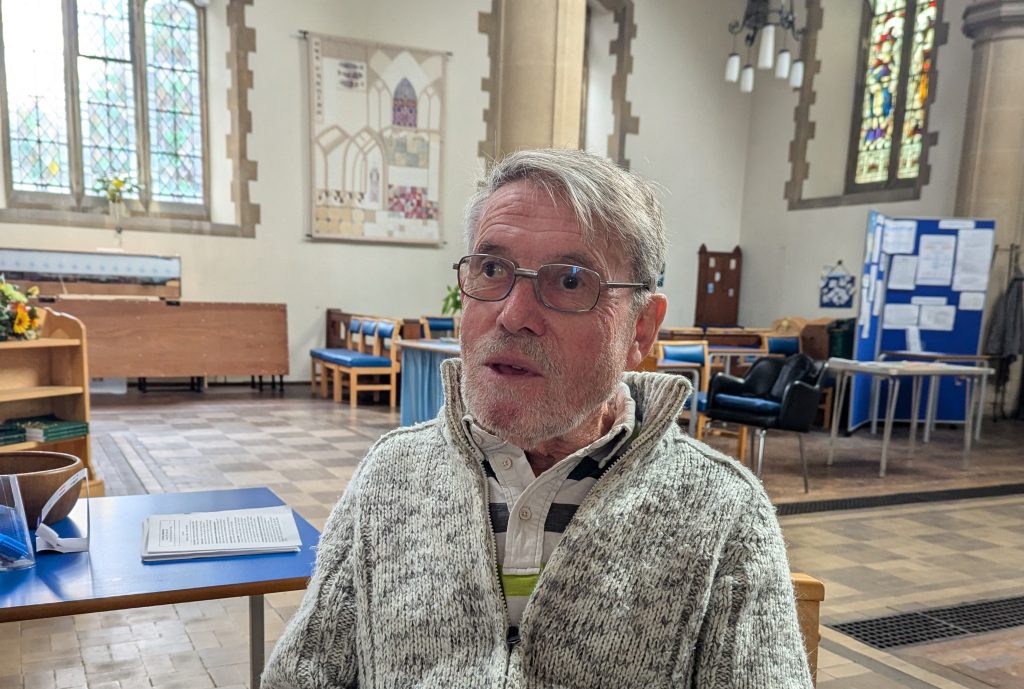
Carol Kidd, Safeguarding Officer at St James West End
Safeguarding is essential in helping protecting a person’s right to live in safety, free from fear of harm, abuse, and neglect. Surely that is the highest standard we desire for our families, our friends and for ourselves. It is everyone’s responsibility to support those who may be at risk. By taking actions which promote the welfare and wellbeing of everyone, we can help to reduce the risk of harm and abuse from happening.
The gospels give us examples of how Jesus loves everyone, particularly those who are the least, the last and the lost in society, he teaches that, in God’s Kingdom, people are judged most of all by what is in their hearts and how faith is put into action.
Carol Kidd, St James West End
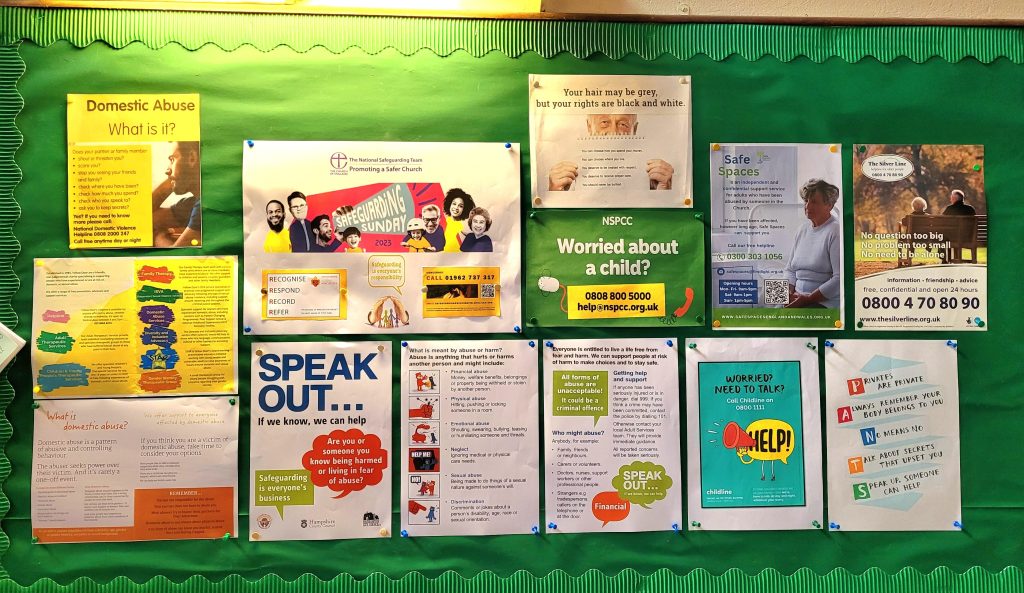
Protecting vulnerable people, of all ages and backgrounds, is at the heart of the Christian message of justice and hope. Jesus calls us to follow his example of care for the very young and the elderly, especially those who are vulnerable through poverty, ill-health and personal circumstances; he calls us to place the vulnerable at the heart of what we do together as a church and in mission to the wider community.
Safeguarding is all about protecting a person’s right to live in safety, free from the fear of harm, abuse, and neglect. It’s everyone’s responsibility to be the eyes and ears for vulnerable people and support those who may be at risk.
Carol Kidd, St James West End
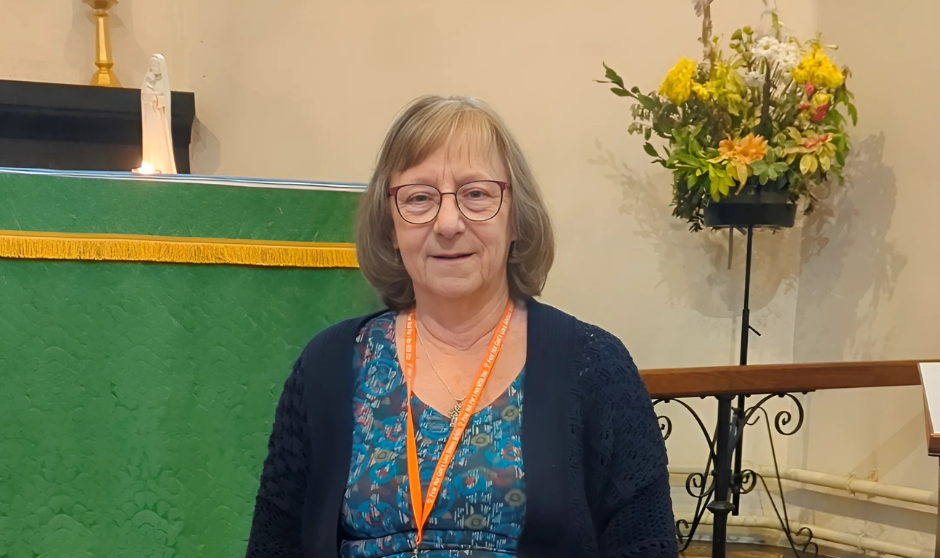
Watch the videos below…

